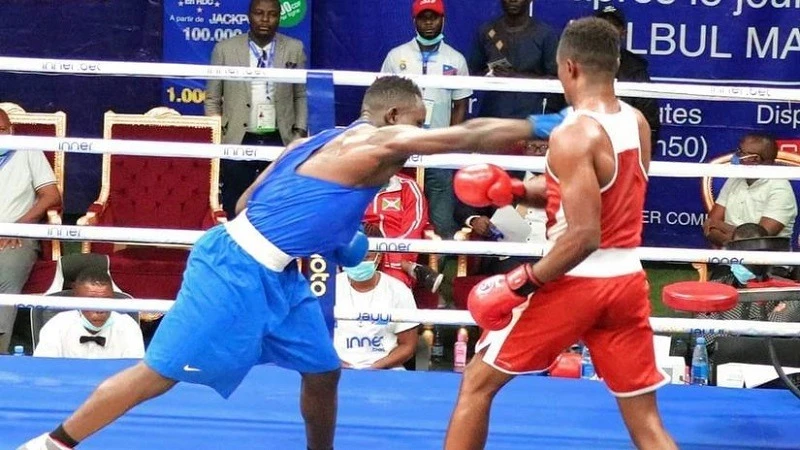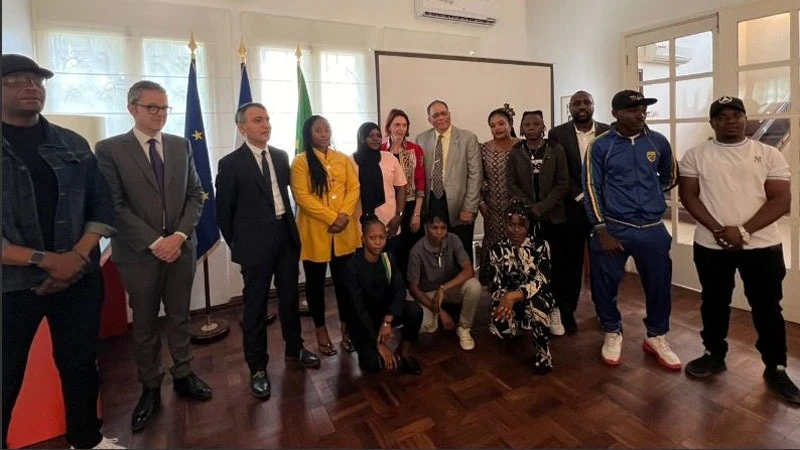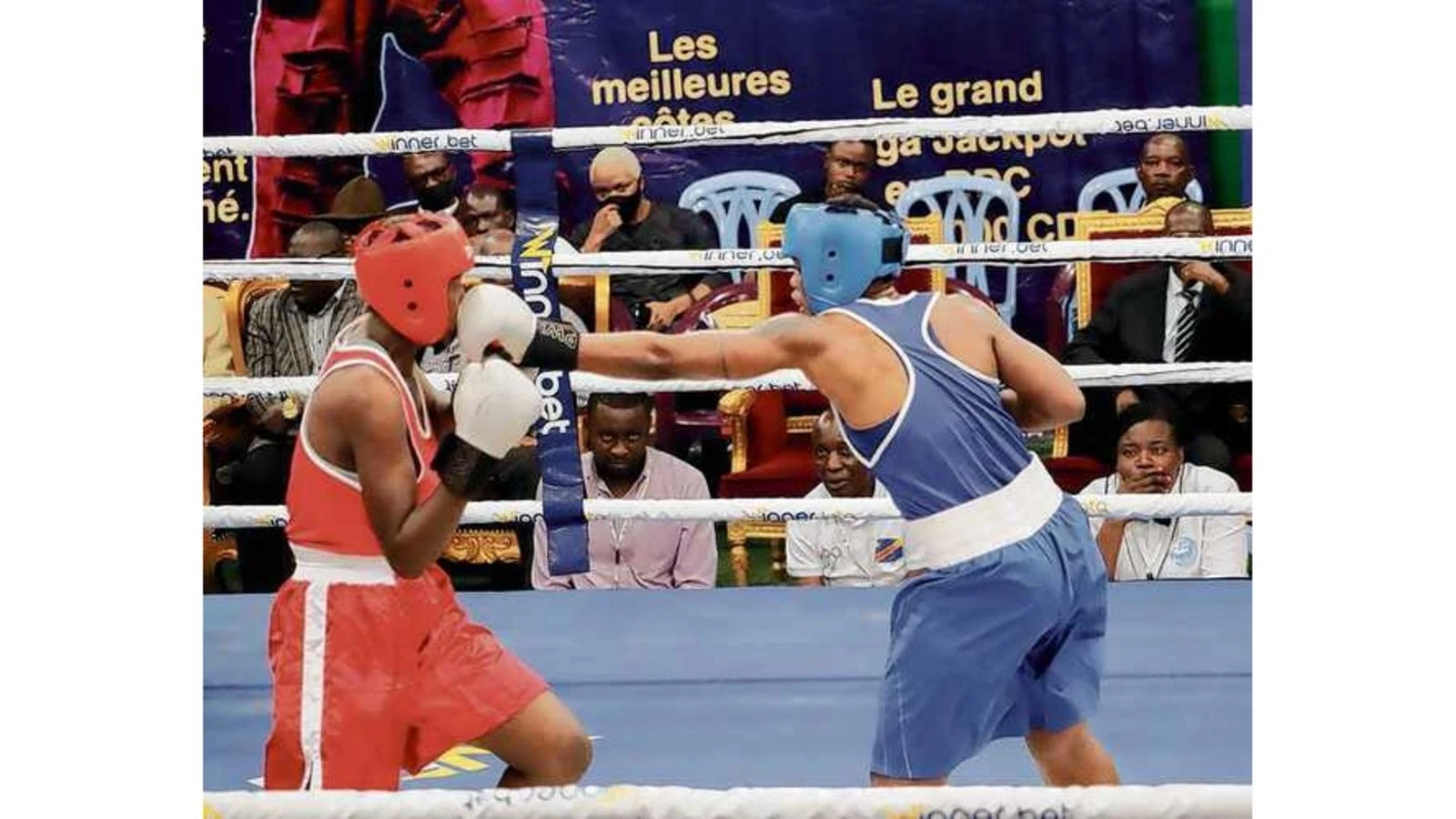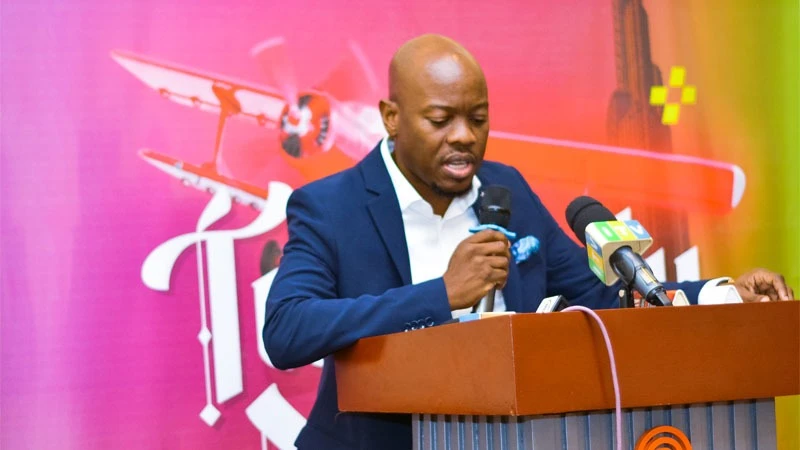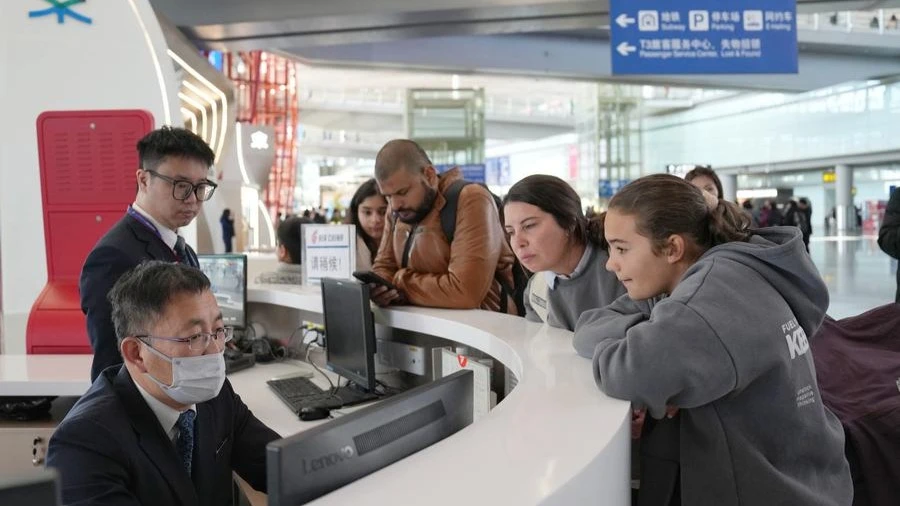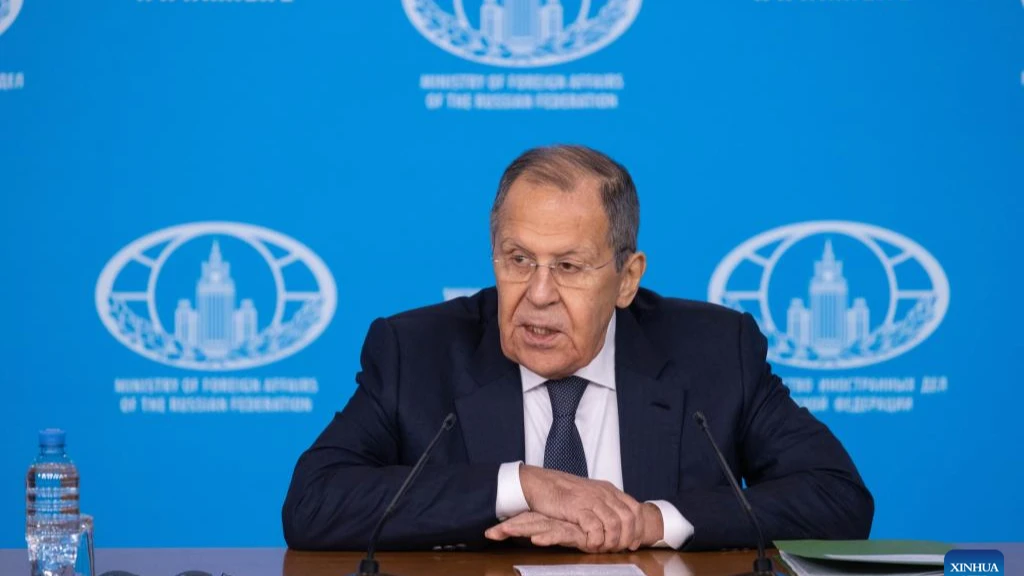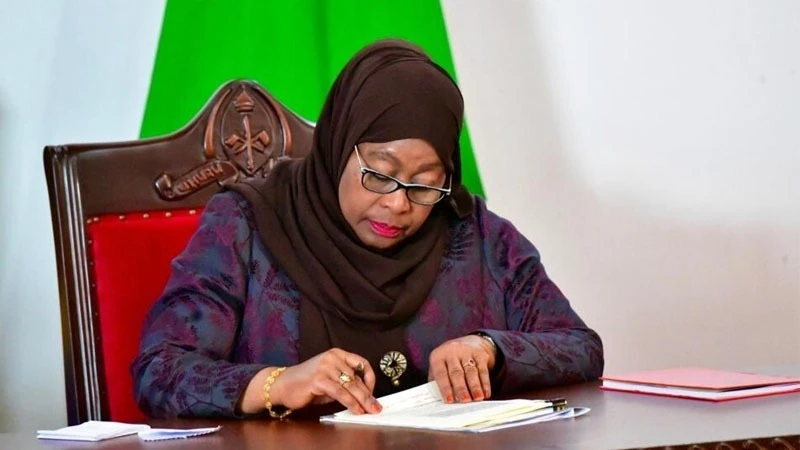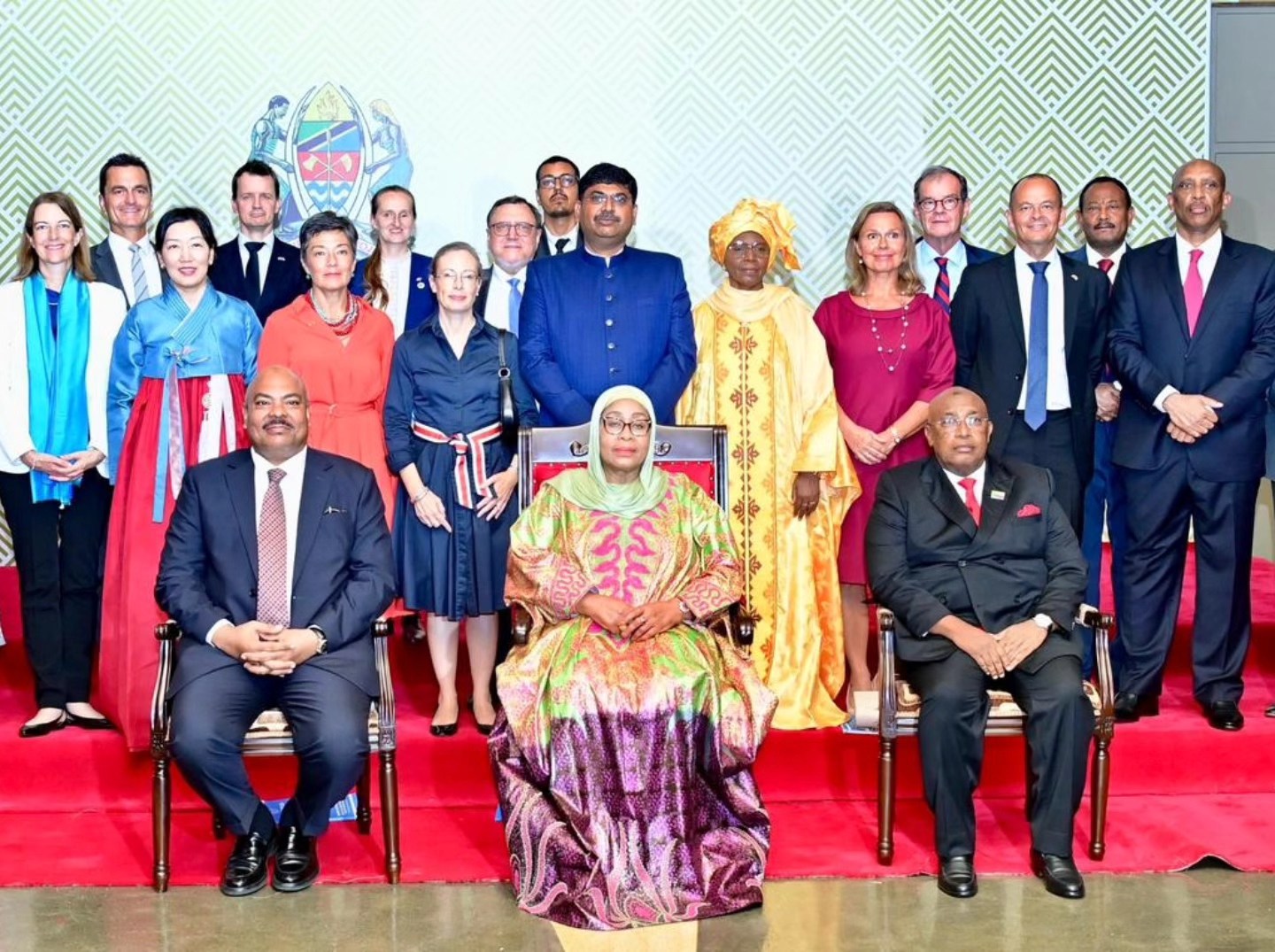Taifa Stars face goalkeeping dilemma ahead of AFCON 2025 qualifiers
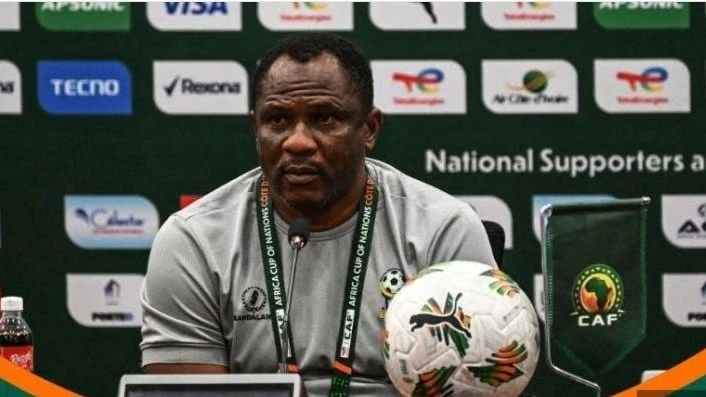
AS the Tanzania national football team, Taifa Stars, gears up for the upcoming AFCON 2025 qualifiers, all eyes are on interim head coach Hemed ‘Morocco’ Suleiman. He recently unveiled his squad, which will take on Ethiopia and Guinea in their first two matches scheduled for September 4 and 10, respectively.
The selection - a mix of seasoned veterans and promising young talents - reflects Morocco’s vision of building a dynamic and competitive team. However, the spotlight is squarely on the goalkeeping position, which has become a contentious issue due to the lack of experienced local players.
The squad’s goalkeeping lineup includes Ally Salim of Simba, Aboutwalib Mshery from Young Africans, and Yona Amos from Pamba Jiji. This selection has sparked debate, with many questioning the depth and readiness of Tanzania’s goalkeeping talent pool. The problem lies not just in the selection itself but in the broader context of Tanzanian football, where local goalkeepers are often overshadowed by their foreign counterparts, especially in the country’s top clubs.
Simba, Young Africans, and Azam have long dominated Tanzanian football. Since Azam’s entry into the Premier League in 2008, these three teams have shared all 16 league championship titles. Azam managed to break the duopoly in the 2013-2014 season, but the remaining titles have been won by Simba and Young Africans - nine for Young Africans and six for Simba.
This dominance extends beyond titles to the very composition of their squads, where foreign goalkeepers like Djigui Diarra (Young Africans), Mustafa Mohamed (Azam), and Ayoub Lakred (Simba) consistently hold the starting positions.
The reliance on foreign goalkeepers by top clubs has significantly affected the development of local talent. For instance, in the recently concluded 2023-2024 Premier League season, the top four teams - Young Africans, Azam, Simba and Coastal Union – all rely heavily on foreign goalkeepers, leaving little room for local players to showcase their skills.
In the Taifa Stars’ last match, a 1-0 victory over Zambia in the World Cup 2026 qualifiers, coach Morocco and his assistant, Juma Mgunda, chose to start Salim, the third-choice goalkeeper at Simba, with Aboutwalib Mshery on the bench.
Salim, who was third in line after Simba’s native star Aishi Manula and Moroccan Lakred (before the arrival of Guinean shot-stopper Moussa Camara), managed to hold his own, but his lack of regular playtime at the club level is concerning.
Similarly, Mshery, who sits behind Diarra at Young Africans, has seen limited action - only six matches in the entire last season, accumulating 438 minutes with three clean sheets.
The statistics tell a troubling story. Despite playing for the top clubs, both Salim and Mshery have seen minimal action, with each playing less than a quarter of the league matches. This limited exposure raises questions about their readiness to shoulder the immense responsibility of guarding the national team’s goalpost.
Azam’s goalkeeper situation further highlights this issue. While Sudanese Mohamed performed admirably throughout the season, the club also had two other international goalkeepers on their roster - Ali Ahamada from Comoros, who is injured, and Ghanaian Abdulai Iddrisu. The native goalkeeper, Zuberi Foba, has only been given sporadic opportunities, further underscoring the challenge local players face.
Historically, Taifa Stars coaches have leaned towards selecting goalkeepers from Simba and Young Africans, a trend that persists despite the declining playtime of local goalkeepers at these clubs.
The introduction of Kwesi Kawawa, a Tanzanian goalkeeper playing for Syrianska FC in Sweden, to the national team highlighted this issue. Kawawa started in the 2026 World Cup qualifier against Morocco, a match Tanzania lost 2-0, showing that even foreign-based Tanzanians struggle to make an impact when local options are underutilized.
This decline in opportunities for local goalkeepers marks a significant shift from earlier eras. Goalkeepers like Juma Kaseja and Shaban Kado once dominated the scene, thanks to consistent playtime at clubs like Simba and Young Africans.
Kaseja, who played for Simba from 2003 to 2014 and later Young Africans in the 2014-2015 season, was the bedrock of his teams’ defenses, ensuring that foreign goalkeepers were rarely considered.
Even when Simba signed foreign goalkeepers like Ghanaian Daniel Agyei and Ivorian Vincent Angban in the 2016-2017 season, the arrival of Manula from Azam in 2017 seemed to signal a return to local dominance. However, the current landscape shows that this trend has not continued.
For a long time, Manula has been the undisputed first-choice goalkeeper for Taifa Stars. His presence was crucial during Tanzania’s 2019 AFCON campaign, where he was supported by Metacha Mnata and Aaron Kalambo.
In the 2023 AFCON, he was joined by Kwesi Kawawa and Beno Kakolanya. However, Manula’s recent injuries have forced the team to experiment with various goalkeepers, each struggling to fill the void left by the veteran.
The recurring question remains: What must be done to address this issue and ensure that Taifa Stars have a reliable goalkeeper who is not merely a second-choice at their club? The problem is not the lack of talent but the lack of opportunities for local goalkeepers to prove themselves. When given a chance, as was the case with Salim against Zambia, local players have shown they can perform at a high level. But without regular playtime, their development stagnates.
One potential solution is to limit the number of foreign goalkeepers in the domestic league, similar to what the Egyptian Football Association (EFA) has done. The EFA has extended its ban on signing foreign goalkeepers across all domestic leagues, a move initially implemented in the 2009-10 season.
This decision came after former Egypt coach Hassan Shehata criticized the lack of quality goalkeepers in the country. The result has been the emergence of top talents like Al Ahly’s Mohamed El Shenawy, who now stands as Egypt’s first-choice goalkeeper.
For Tanzania to follow in these footsteps, more emphasis needs to be placed on nurturing local goalkeeping talent. This could involve establishing specialized goalkeeping academies to develop young players and give them the exposure they need at the club level.
Additionally, local goalkeepers must seize every opportunity to compete for the starting spot in their clubs, pushing themselves to improve and secure a place in the national team.
The big clubs in Tanzania have the resources and infrastructure to develop top-tier goalkeepers. By prioritizing the growth of local talent, these clubs can build strong defensive units that benefit both the teams and the national squad.
It is time for Tanzanian football to rethink its approach to developing goalkeepers, ensuring that the next generation can carry the Taifa Stars to greater heights in international competitions.
In conclusion, the Taifa Stars’ goalkeeping dilemma is a microcosm of a broader issue in Tanzanian football - a need to balance the influx of foreign talent with the development of homegrown players.
Only by addressing this challenge head-on can Tanzania hope to produce goalkeepers capable of leading the national team to success on the continental stage.
Top Headlines
© 2025 IPPMEDIA.COM. ALL RIGHTS RESERVED



